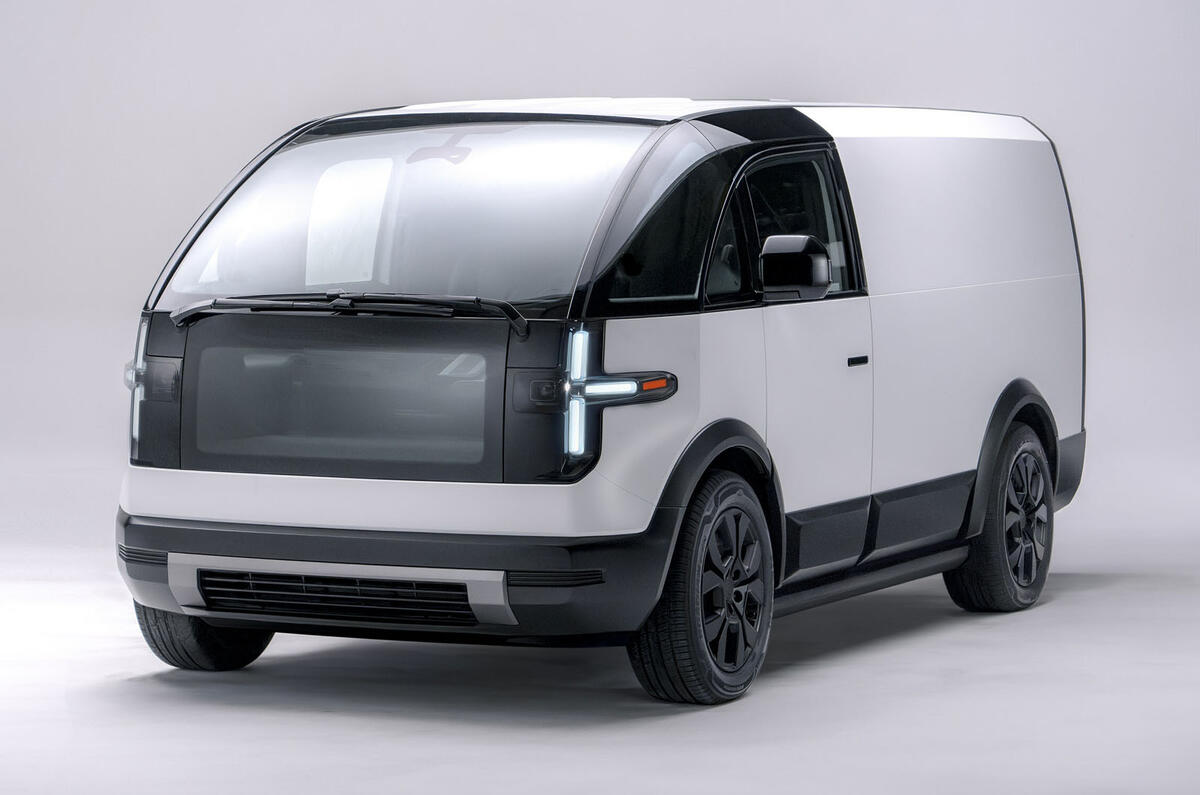American electric car start-up Canoo has gone bankrupt, ceasing operations with immediate effect.
Canoo was founded in 2017 and rose to prominence in 2020, when Tesla-fulled hype on the stock market spiked the value of numerous EV start-ups.
It began producing its LDV van in late 2023, delivering early examples to organisations as varied as NASA, the US Department of Defense and supermarket chain Walmart. Last year it expanded into the UK, delivered a van to Royal Mail.
That coincided with the company hitting financial trouble: its stock had fallen from more than $8000 (£6500) following its Nasdaq debut in December 2020 to less than $10 (£8) four years later.
It also made 23% of its staff redundant in November 2024 and paused production shortly thereafter.
In its most recent financial results (for the quarter that ended 30 September 2024), it reported it had just $1.53 million (£1.26m) in remaining cash. Simultaneously, it had raised just $1.49m (£1.22m) in revenue.
In a statement, Canoo blamed its bankruptcy on a lack of support from the US government – having been “unable to secure financial support from the US Department of Energy’s Loan Program Office” – and its failure to raise foreign investment.
Canoo is the latest casualty in the EV start-up sector, following the likes of Byton, Arrival and Fisker.
Speaking to Autocar in June 2024, former Byton chief Daniel Kirchert warned of the cash burn struggles that new car companies face. “Even if you want to sell just 10,000 cars, you need billions of working capital to keep it turning to buy the parts and sell the car,” he said.
“I think in order to survive sustainably, you need really to scale up to at least a million vehicles."
Even start-ups with backing from a major manufacturer teeter on the edge of financial difficulties.
Volvo spin-off Polestar last week announced a revised business plan under new boss Michael Lohscheller, who took over after Thomas Ingenlath resigned last August. His targets include profitability in 2025 and positive free cash flow by 2027, after its sales and margins for the first nine months of its 2024-25 fiscal year dropped compared with the same period in 2023-24. Its cash balance almost halved that year, falling from $951.1m to $500.9m (£780m to £410m).









Add your comment